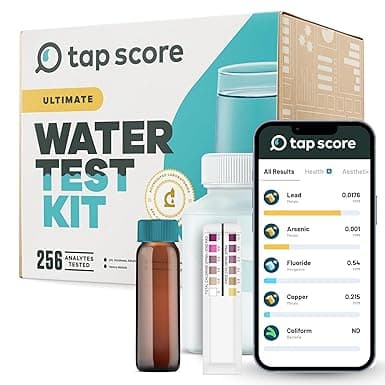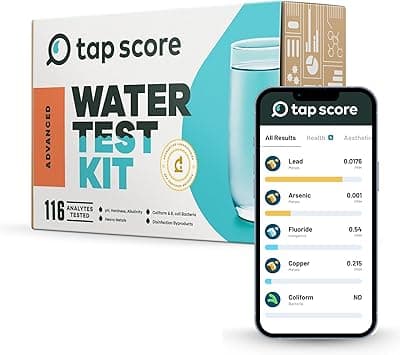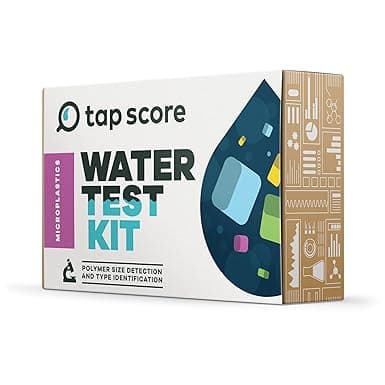Hancock Tap Water Quality Report
Hancock's water has 4 contaminants above EPA MCLGs. We recommend using a certified water filter.
Utility
HANCOCK WATER SYSTEM
People Served
1,921
MCL Violations
0
Last Updated
Is Hancock Tap Water Safe to Drink?
Hancock's water has 4 contaminants above EPA health-based guidelines. We strongly recommend using a certified water filter to reduce exposure to these contaminants. Check our filter recommendations below for NSF-certified options that can remove the specific contaminants found in Hancock's water.
The data below shows test results from 1 water utility serving 1,921 people in the Hancock area. Water quality testing is conducted regularly and reported to the EPA. This report was last updated May 31, 2022.
Verify Your Water Quality with Independent Testing
With 4 contaminants above EPA health guidelines, independent laboratory testing provides a second opinion and can track changes over time.

SimpleLab
Advanced Home Water Test
$369
Most comprehensive home water test including all standard tests plus additional parameters for ultimate peace of mind.

SimpleLab
Standard Home Water Test
$232
Comprehensive water analysis testing over 200 contaminants including bacteria, heavy metals, and chemical compounds.

Tap Score
Advanced Microplastics Test
$636
Cutting-edge testing for microplastics particles in drinking water using advanced laboratory techniques.
Frequently Asked Questions About Hancock Tap Water
Hancock's water has 4 contaminants above EPA MCLGs. We strongly recommend using a certified water filter to reduce exposure to these contaminants. Check our filter recommendations below for NSF-certified options that can remove the specific contaminants found in Hancock's water.
Stay Informed About Your Water Quality
Get EPA reports, filter recommendations, and safety alerts for your area.
Join 10,000+ people protecting their families. Unsubscribe anytime.